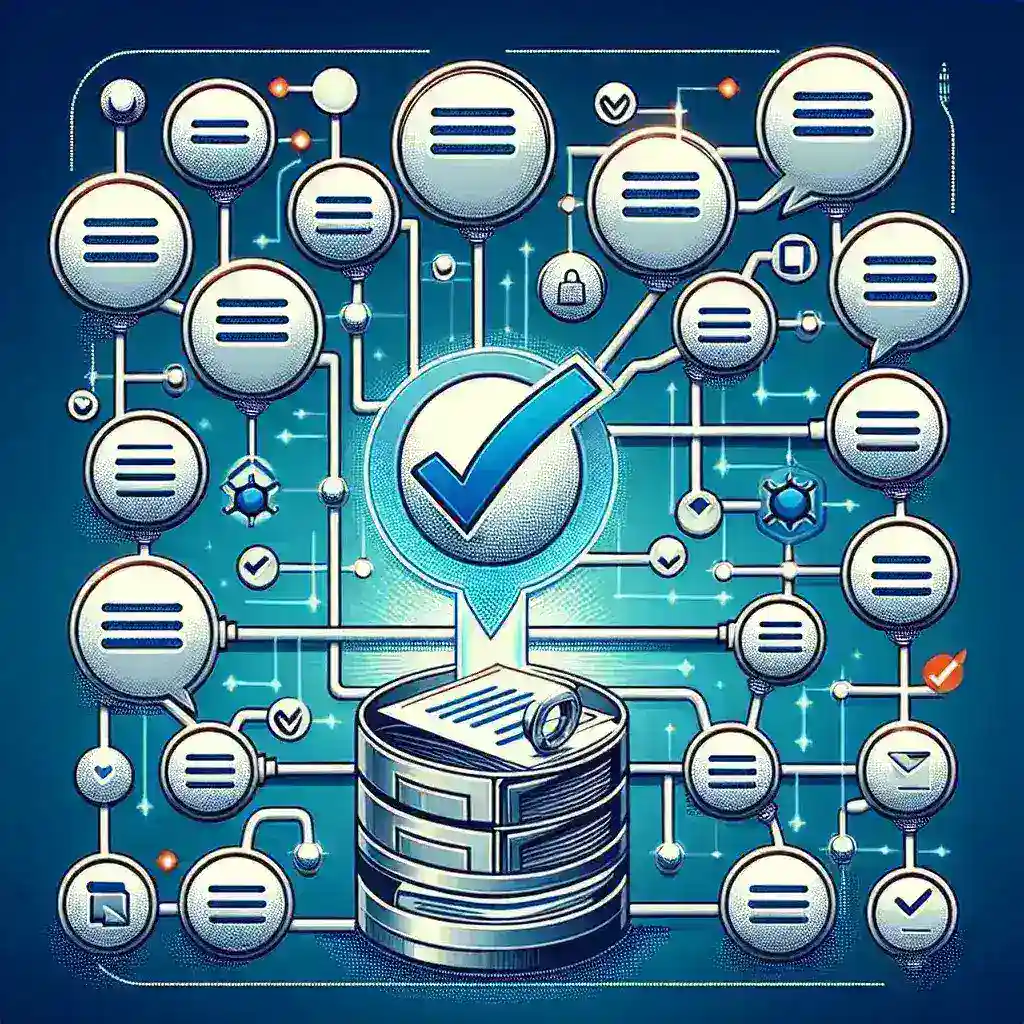Introduction
As global awareness of environmental issues continues to rise, businesses everywhere face increasing pressure to adopt sustainable practices. Salesforce, a leader in customer relationship management (CRM) software, is stepping up to the challenge by piloting AI-powered sustainability tracking tools specifically designed for U.S. retailers. This initiative not only aligns with the company’s commitment to sustainability but also empowers retailers to enhance their operations while contributing positively to the environment.
The Importance of Sustainability in Retail
Sustainability has transformed from a mere buzzword to a critical framework for business operations. U.S. retailers are increasingly recognizing the necessity of integrating sustainable practices into their core strategies. Various factors are driving this shift:
- Consumer Demand: Today’s consumers are more conscious of the environmental impact of their purchases. They prefer brands that demonstrate a commitment to sustainability.
- Regulatory Compliance: Governments are implementing stricter regulations regarding waste management, carbon emissions, and sustainable sourcing.
- Competitive Advantage: Retailers that adopt sustainable practices can differentiate themselves in the market, attracting eco-conscious customers.
Salesforce’s Initiative: An Overview
Salesforce’s initiative to pilot AI-powered sustainability tracking tools is a bold move toward helping retailers navigate this complex landscape. By leveraging AI technology, Salesforce aims to provide retailers with actionable insights into their environmental impact, enabling them to make data-driven decisions and improve their sustainability efforts.
Key Features of the AI-Powered Tools
The sustainability tracking tools piloted by Salesforce are equipped with several innovative features:
- Real-Time Data Analytics: These tools allow retailers to monitor their energy consumption, waste production, and supply chain emissions in real time, enabling timely adjustments and improvements.
- Predictive Analytics: By analyzing historical data, the AI system predicts future trends in sustainability, helping retailers strategize effectively.
- Customizable Dashboards: Retailers can personalize their dashboards to focus on the metrics that matter most to their specific sustainability goals.
- Reporting Capabilities: Automated reporting features help retailers track progress over time and share results with stakeholders.
Benefits of AI in Sustainability Tracking
The integration of AI in sustainability tracking offers multiple benefits:
Enhanced Efficiency
AI tools streamline the data collection process, significantly reducing the time and effort required to gather and analyze sustainability metrics. This efficiency allows retailers to focus on implementing changes rather than merely tracking them.
Data-Driven Decision Making
With AI-driven insights, retailers can make informed decisions to enhance their sustainability initiatives. This could involve adjusting inventory management practices, optimizing energy usage, or refining supply chain logistics.
Improved Transparency and Accountability
AI tools provide retailers with a clear picture of their sustainability performance. This transparency can strengthen relationships with consumers, investors, and regulatory bodies, fostering greater trust and accountability.
Challenges Ahead
While the potential benefits of AI-powered sustainability tracking are significant, several challenges remain:
- Data Privacy: As retailers collect vast amounts of data, ensuring the privacy and security of this information becomes paramount.
- Integration with Existing Systems: Retailers must navigate the complexities of integrating AI tools with their existing systems and processes.
- Cost Considerations: The initial investment in AI technology may be a barrier for some retailers, particularly smaller businesses.
Future Predictions for AI in Retail Sustainability
Experts predict that the use of AI in retail sustainability will continue to grow, with more retailers adopting these innovative solutions over the next few years. As technology advances, we can expect:
- Increased Collaboration: Retailers may collaborate with tech companies to further enhance their sustainability tracking capabilities.
- More Comprehensive Standards: Industry-wide standards for sustainability metrics may emerge, allowing for easier comparisons between companies.
- Broader Adoption: More businesses, regardless of size, may begin to implement AI-powered solutions to meet consumer demands and regulatory requirements.
Conclusion
Salesforce’s initiative to pilot AI-powered sustainability tracking tools has the potential to transform the retail landscape. By equipping retailers with the tools they need to monitor and improve their sustainability efforts, Salesforce is not only fostering business innovation but also contributing to a more sustainable future. As the retail industry continues to evolve, the integration of AI technologies will play a crucial role in shaping eco-friendly practices and enhancing overall operational efficiency.



